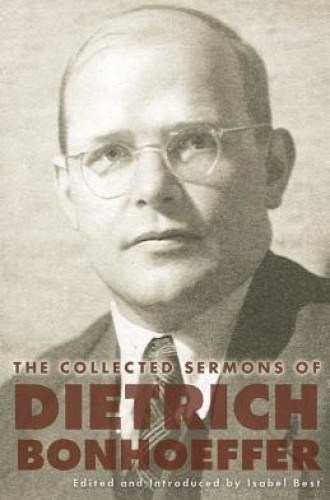The Collected Sermons of Dietrich Bonhoeffer, edited by Isabel Best
Readers of Dietrich Bonhoeffer know him in many roles—theologian, pastor, ecumenist, university lecturer, seminary director, conspirator, prisoner, martyr—but they may not readily think of him as a preacher. Yet as his best friend and biographer, Eberhard Bethge, observed, very little could compete with the significance Bonhoeffer attached to preaching, an emphasis that testifies to his critical love for the church. As he grew older and the times darker, his preaching acquired an urgency that makes these sermons a poignant witness not only to this amazing man’s life and thought, but to the gospel itself.
Selected and introduced by Isabel Best, the sermons range in time from Bonhoeffer’s tenure as a young pastoral assistant in a German-language church in Barcelona in 1928, to a few months after the start of World War II, in 1939, when he delivered a homily at a celebration of communion with his remaining seminarians. In 1940, the Gestapo banned him from speaking in public.
Some readers may be surprised to discover that Bonhoeffer seldom spoke directly on the events of the day. According to Bethge, he had observed that in New York, sermons had become little more than occasional remarks about current events, and he found the practice distasteful. That said, one can readily discern that he perceived a deep dissonance between Christianity and National Socialism. In the first sermon he preached after Hitler’s ascension to power in 1933, for example, Bonhoeffer juxtaposed the Old Testament story of Gideon, who ultimately had to renounce power, honor and pride to save Israel, to the story of Siegfried, the hero of the Nibelung legend whom the Nazis idealized in their propaganda.





